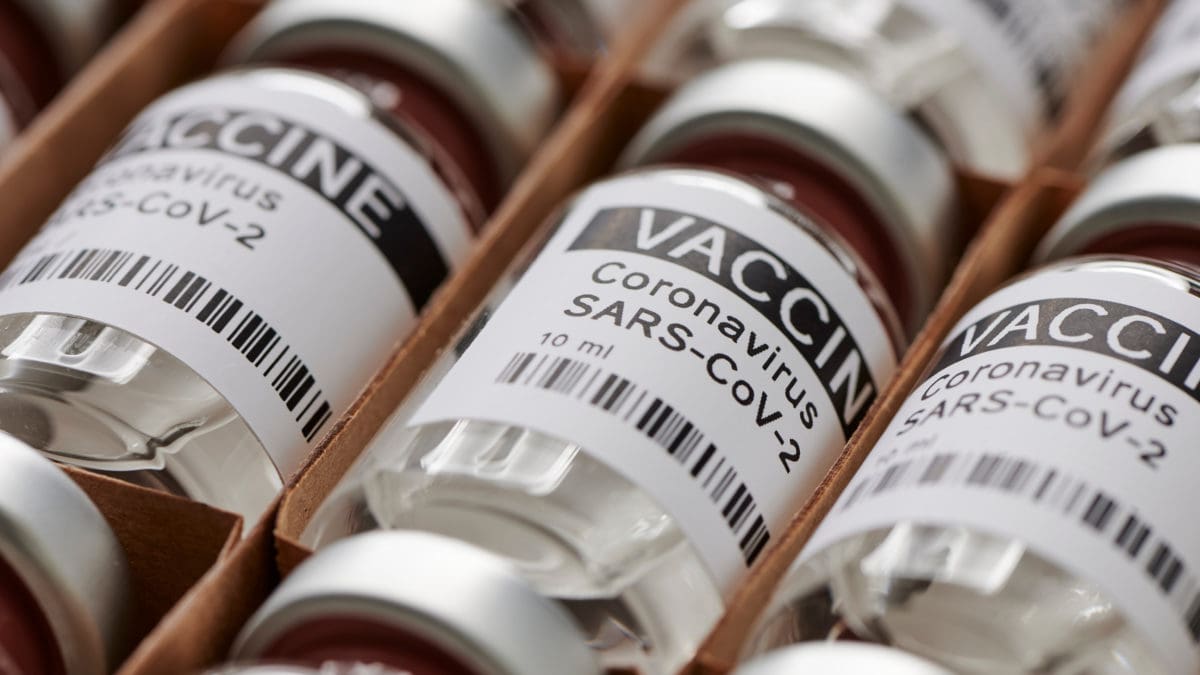Public appetite for COVID-19 vaccine rises to 88%, says Ipsos MRBI tracker survey for IPHA


Public appetite for COVID-19 vaccine rises to 88%, says Ipsos MRBI tracker survey for IPHA
- Just 4% of people would refuse a COVID-19 vaccine as hesitancy trends downwards since the start of the year
- Industry stresses need for COVID-19 vaccine dose-sharing to help achieve global equity of access
- COVID-19 vaccine production is surging, with 300 partnerships among companies across the world and investment in manufacturing sites
The number of people who intend to get vaccinated for COVID-19, or who have already received a vaccine for the disease, has risen to 88%, according to the results of the latest tracker survey by Ipsos MRBI for the Irish Pharmaceutical Healthcare Association (IPHA) which represents the international research-based biopharmaceutical industry.
The results show that 63% of people will take a COVID-19 vaccine. But when combined with the vaccinated cohort, or 26% of the sample*, that number rises to 88% – 13 points higher than the percentage of people who said in January that they would take a COVID-19 vaccine.
Between January and May, the number of people who said they either won’t get vaccinated for COVID-19 or were unsure about taking a vaccine has declined. In January, 7% said they would refuse a COVID-19 vaccine and 18% were unsure. This month, 4% overall say they will refuse a COVID-19 vaccine and 7% are unsure.
The results come as the industry calls for global collaborative efforts to step up responsible COVID-19 vaccine dose-sharing and maximise production without compromising quality or safety.
Bernard Mallee, Director of Communications and Advocacy at IPHA, said: “It is clear that vaccination is helping to contain the disease, with indicators across mortality, hospitalisations, ICU admissions and caseload stabilising or decreasing. That is enabling the country to gradually unlock. The health authorities deserve much credit for the speed and efficiency with which they have managed the vaccination programme.
“With vaccines-makers investing in their own sites and forming almost 300 partnerships and collaborations globally, production has risen in just a few months from zero to 2.2 billion COVID-19 vaccine doses by the end of this month. As well as bringing forward COVID-19 vaccine breakthroughs in record time, the industry is surging production to meet global demand. By the end of this year, analysts are predicting 11 billion COVID-19 vaccine doses will have been produced – enough doses to vaccinate the world’s adult population.
“But where governments have significant domestic supplies of COVID-19 vaccine doses, they should share a meaningful proportion of them with low and lower middle-income countries. At the same time, innovators in our industry are working hard to generate responses for variants of concern – an illustration of the importance of protecting intellectual property rights, the formula for scientific invention.”
Vaccination is a global health and development success story, saving millions of lives every year. We have vaccines to prevent more than 20 life-threatening diseases, helping people of all ages live longer, healthier lives. Vaccines administered in Ireland help to prevent 13 diseases including measles, meningitis and whooping cough. Now, we are on a path towards adding COVID-19 to the list. The World Health Organisation estimates that vaccines save up to three million lives every year.
With the exception of clean, safe drinking water, vaccination is one of the most successful and cost-effective public health interventions ever. Vaccines have ridded the world of smallpox, driven polio to the brink of eradication, and virtually eliminated measles, diphtheria and rubella in many parts of the world.
ENDS
About The Survey
Ipsos MRBI conducted 1,002 telephone interviews with adults aged over 18 between April 30th and May 11th, 2021. The sample was nationally representative for age, gender, geography and social class. *These figures reflect a point-in-time measure of COVID-19 vaccine uptake and they are accurate for the survey fieldwork period. However, the proportion that has received a COVID-19 vaccine is liable to change rapidly as rollout of the vaccination programme progresses.


